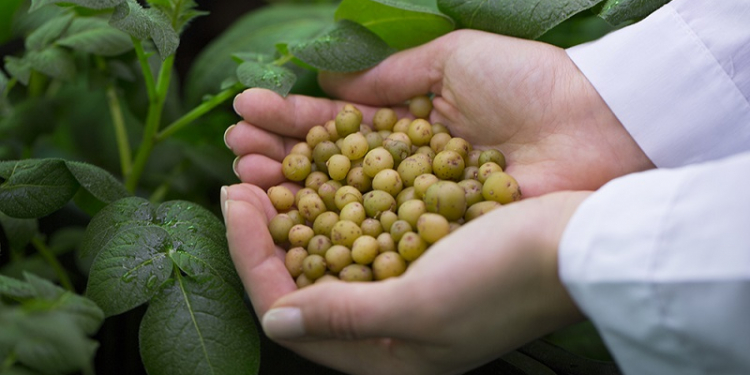Seed production is directly related to breeding. As a result of breeding work, new varieties are created. It realizes the achievements of breeding by introducing new varieties into production and growing high-yielding seeds.
Seed growing is based on genetics, however, the productive qualities of seed tubers depend not only on heredity, but also on the conditions of formation, that is, the conditions for the development of the mother plant, the influence of diseases on it, and other factors, therefore, when organizing seed growing, their entire complex should be taken into account.
In the system of agrotechnical and organizational measures to ensure the stability of potato yields, the leading place belongs to the varietal material through which the potential of the variety is realized, and, conversely, the most highly productive variety gives a low yield when planted with low-quality seeds, therefore one of the objects of seed production is the variety, which is a set of plants created by selection, having certain hereditary morphological, biological and economically valuable traits and properties.
The variety is one of the main means of agricultural production. The implementation of the biopotential of the field, the effectiveness of reclamation and agrotechnical measures, especially under unfavorable conditions, largely depend on its genotype.But the biological potential of the field is determined not only by the genetic characteristics of the variety, but also by the ecological resources of a particular site and the technology of cultivation.
Over the past decades, the variety’s role in increasing potato yields has grown. According to experts, an increase in yields in the world practice of potato growing in general is provided to the same extent due to both agricultural technology and the introduction of new, more advanced varieties. However, the potential of the variety can be realized only with high quality seed material.







